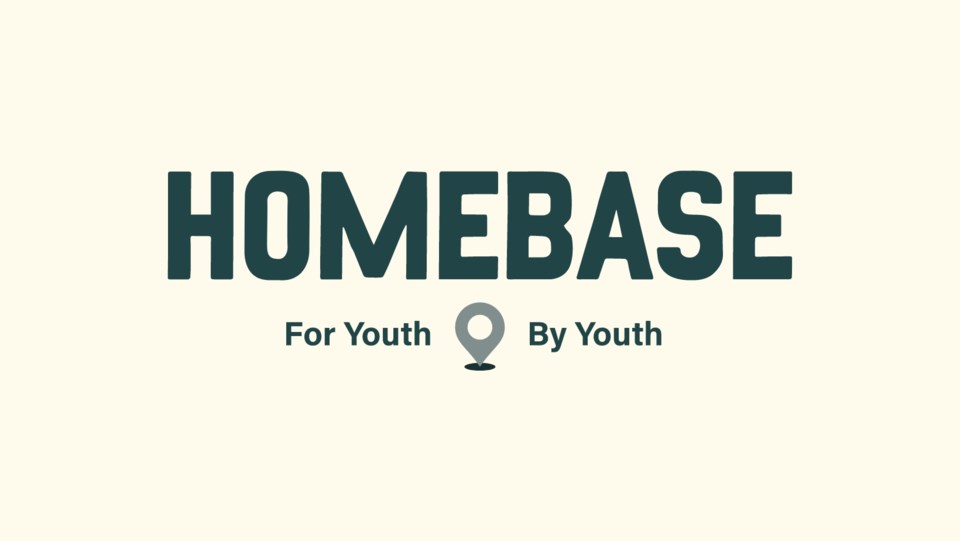MOOSE JAW — Youths in Moose Jaw who want to access community services that can address their physical, mental, emotional and spiritual needs can soon acquire all those supports in one dedicated location.
. The initiative’s programs align with regional Saskatchewan Health Authority services to create a pathway of care.
The six areas will focus on mental health and addiction services; physical health services; education, employment and training supports; community and social services; peer supports; and cultural and traditional supports.
The John Howard Society of Saskatchewan (JHSS) is the “backbone” of the program because it provides operational and administrative support to the four communities in which Homebase will operate, explained Pamela Reimer, the director of integrated youth services with JHSS.
In Moose Jaw, the agency has contracted out the day-to-day work to the YMCA of Regina.
Provincially, JHSS’s role is to provide guidance, create standards and a framework that all four Homebase locations can follow, and ensure there are youths from across the province and locally who offer input into the program, Reimer said.
In Moose Jaw, the YMCA of Regina will provide the services or team up with other community agencies that already offer the work, she continued. Homebase “is not here to reinvent any wheels, but to actually ensure youth have more access to services they might be aware of or might not be aware of that is available to them.”
The provincial government launched Homebase because it recognized that other provinces were doing work around mental health and primary care services for youths and realized that similar programming was required in Saskatchewan, Reimer said.
While Homebase will focus on the six core service areas, the other communities — Regina, Humboldt and Sturgeon Lake First Nation — may identify the need to provide other services, she continued. Having one location that offers those supports may make youths more comfortable in accessing them since they can discreetly talk to staff.
Each location will have a drop-in space, while some could have kitchen spaces to help youths with their cooking skills and some could have resources to address language issues, Reimer remarked. Moreover, having one location that offers these core services reduces barriers in youths’ lives since they may not have transportation to take them to different places.
“This is meant to create a no-wrong-door approach. But if they come into the Homebases, they’ll be able to hopefully find what they need,” she added. “And if we’re missing some area … (we will) us to sort out what that is and figure out how best to get that service into those areas.”
Moose Jaw’s Homebase location will be in the former RBC Branch on High Street West; JHSS expects to open the four locations later this fall.




